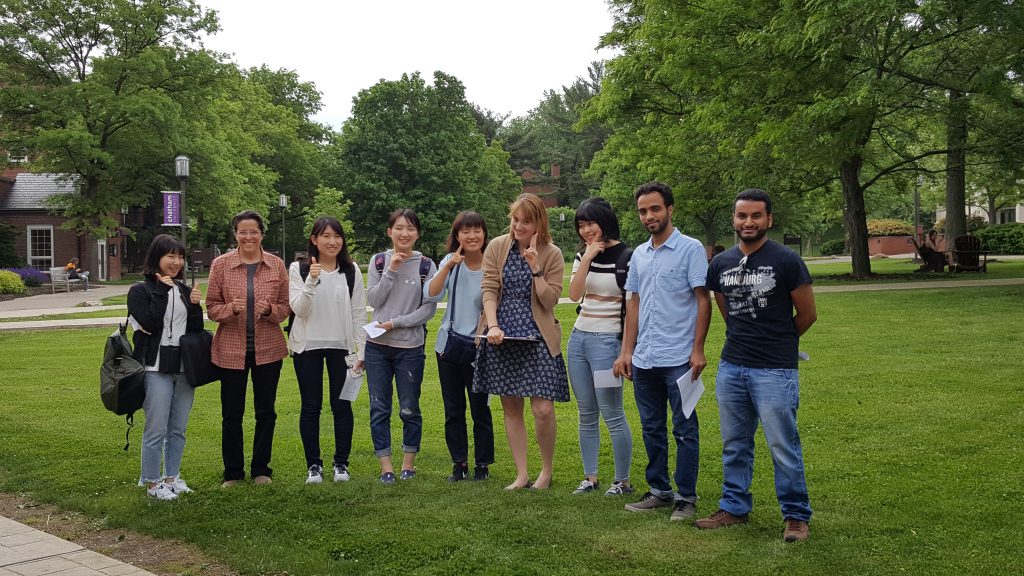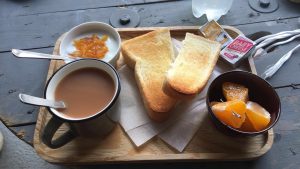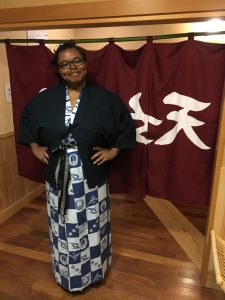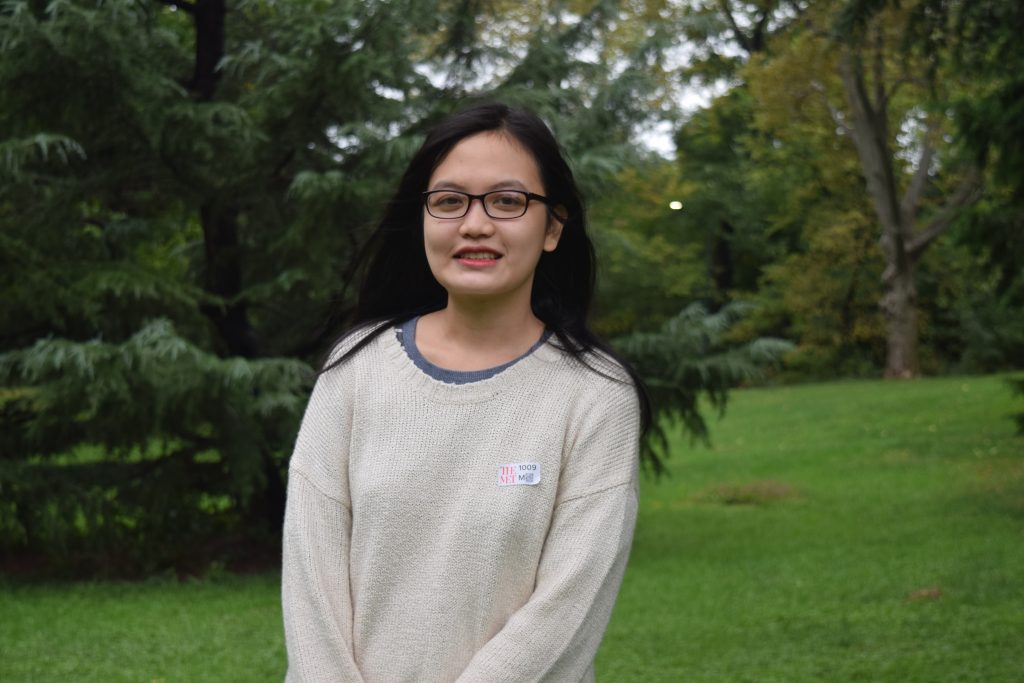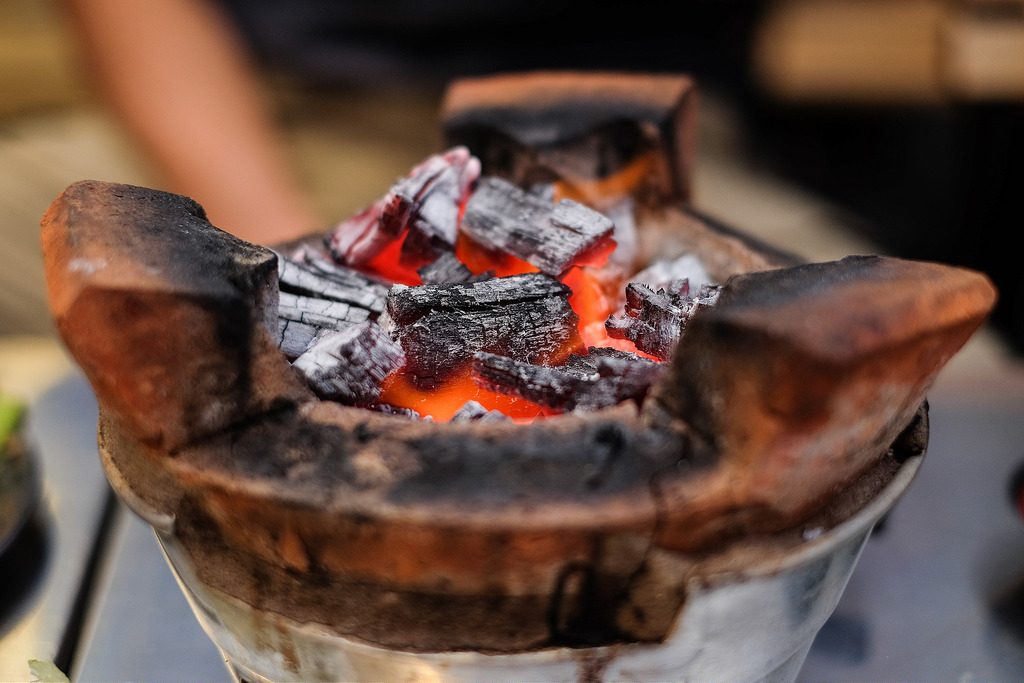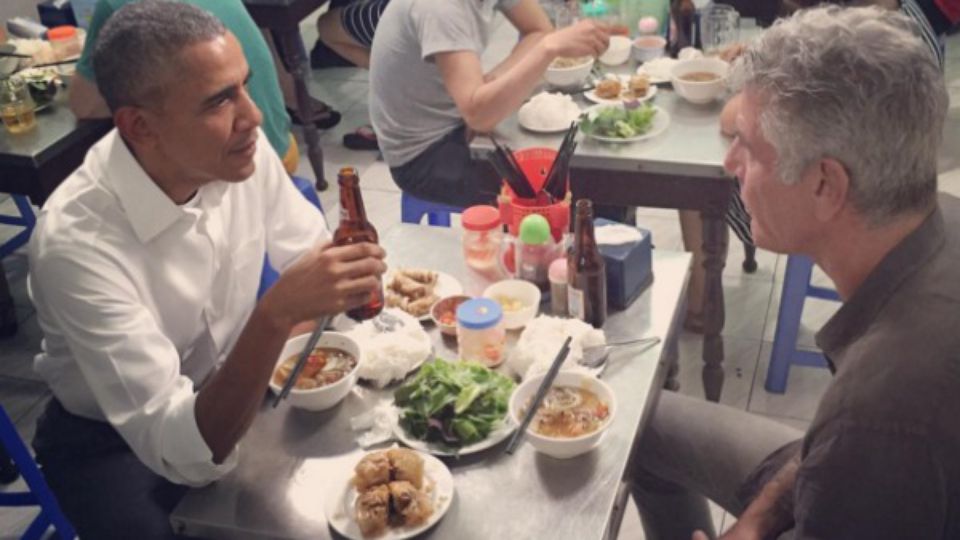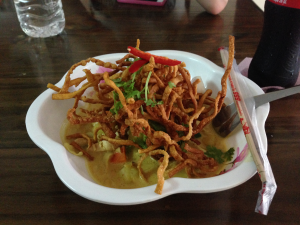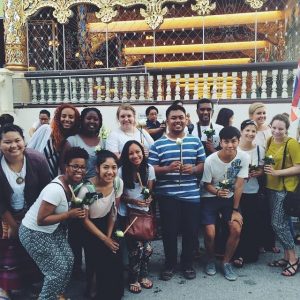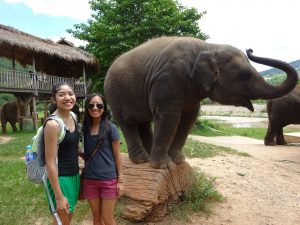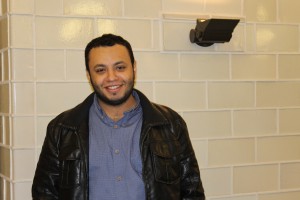By Natsuki Sakagami, Joyce Nguyen, and Chika Kitagishi, ELP Students
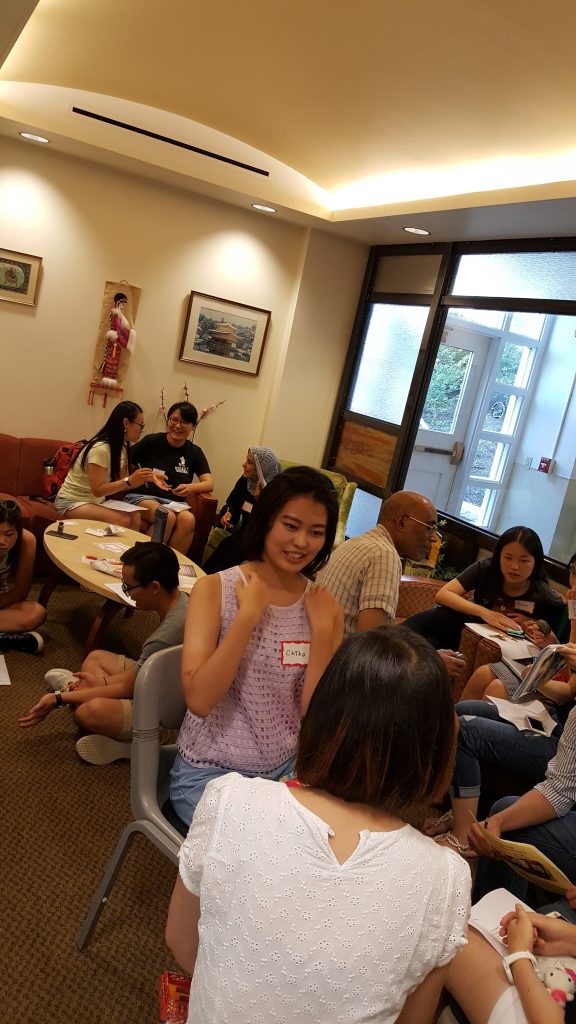
Good afternoon, our beloved teachers and international friends. We’re Natsuki, Joyce and Chika. It seems like just the other day we were awkwardly going inside the classroom. I cannot believe how time flies so fast. We feel very accomplished to complete the summer ESL course. We all came from different places and overcame so many things together. However, we cannot forget that it is all thanks to our experienced, sophisticated, and energetic teachers here at Chatham University. Today we would like to express our gratitude to all our teachers, Ms. Sylvia, Ms. Linh, Ms. Mina, and Ms. Trisha.
Firstly, Ms. Sylvia, we really appreciate all you gave us. You have always given us a lot of useful tips such as American culture, slang words, and some sites where we can study English ourselves. Actually in the beginning I did not have much confidence in speaking English in your class, but you always praised me when I said something in the class, and created a comfortable and enjoyable atmosphere, so I was be able to be confident. You are so kind, and we feel you are like a real mother to us.
I would like to say thank you to Ms. Linh, because she has helped me a lot since I first came here. It was particularly an incredible moment for me when I realized I would be taught by a Vietnamese professor. Whether she remembers or not, the first question she asked me was “Are you getting used to eating American food?” I was truly moved by her understanding for a completely new student like me. As we see her having a command of English which is not her first language, she showed us the possibility that we can succeed in learning language.
Next, we would like to appreciate Ms. Mina. Thank you for giving us a lot of homework that made us stay up late, but we know that you always believed in our potential. All the assignments and work in class were very challenging for us; however, it definitely made our skills improve and we feel confident about moving forward on to the next semester, thanks to you. You were always caring about us individually so that we could feel like we can always count on you. We thought of you not only as a greatest professor, but also like a sister we can always feel free to talk to.
Finally, I’d like to thank Ms. Trisha. I’d like to say both sorry and thank you to Ms. Trisha. Sometimes we froze in the class, especially when you taught us how to quote from the articles. We even often moaned like children, complaining about how long we have to write in a final essay. However, you always kindly accepted all of our complains and crazy ideas, like writing an essay about Twinkies. It is not too much to say that all the funny stories you gave us to wake us up were the highlights of this summer course.
Ms. Sylvia, Ms. Linh, Ms. Mina, and Ms. Trisha, we cannot thank you all enough about everything you have done for us not only to improve our English, but also to deepen the knowledge we need to be a person of the world. It is the end of the summer semester, however, and at the same time, it is the beginning of a new stage again. Chatham international friends, let’s promise to all our greatest teachers here that we will grow up more and more to be someone who can make them proud of us! Thank you very much.

